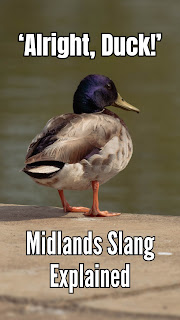Symbols in Full Bloom
When you think of national symbols, perhaps your mind goes straight to flags or anthems. But in the United Kingdom, each nation proudly wears a flower on its sleeve — literally and figuratively. Let’s dive into the fascinating world of the UK’s national flowers, with a pinch of humour and a bouquet of fun facts to keep things lively.
England – The Tudor Rose: A Floral Peace Treaty
England’s national flower is the famous Tudor Rose, a stunning blend of the red rose of Lancaster and the white rose of York. It symbolises unity after the Wars of the Roses, where two royal houses decided that enough was enough — and sealed the deal with a flower. Today, the Tudor Rose blooms as a reminder that even the fiercest rivalries can result in something beautiful if enough petals are involved.






.png)

.png)
.png)


